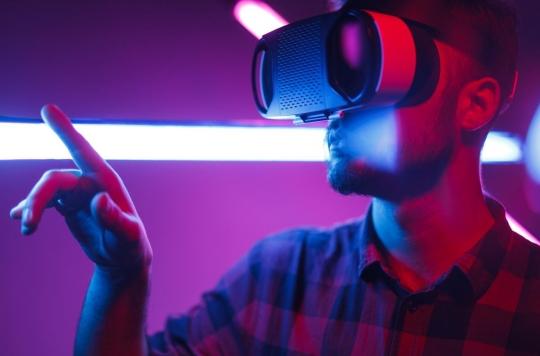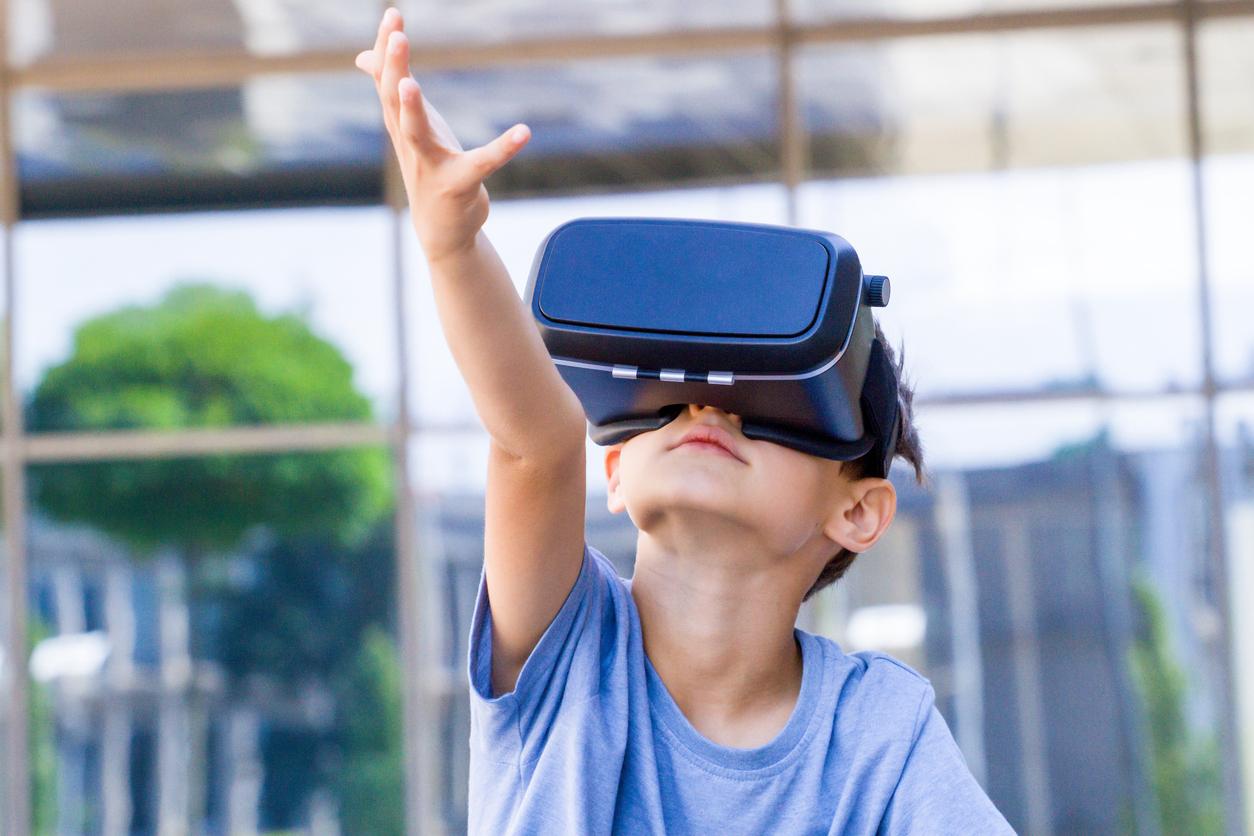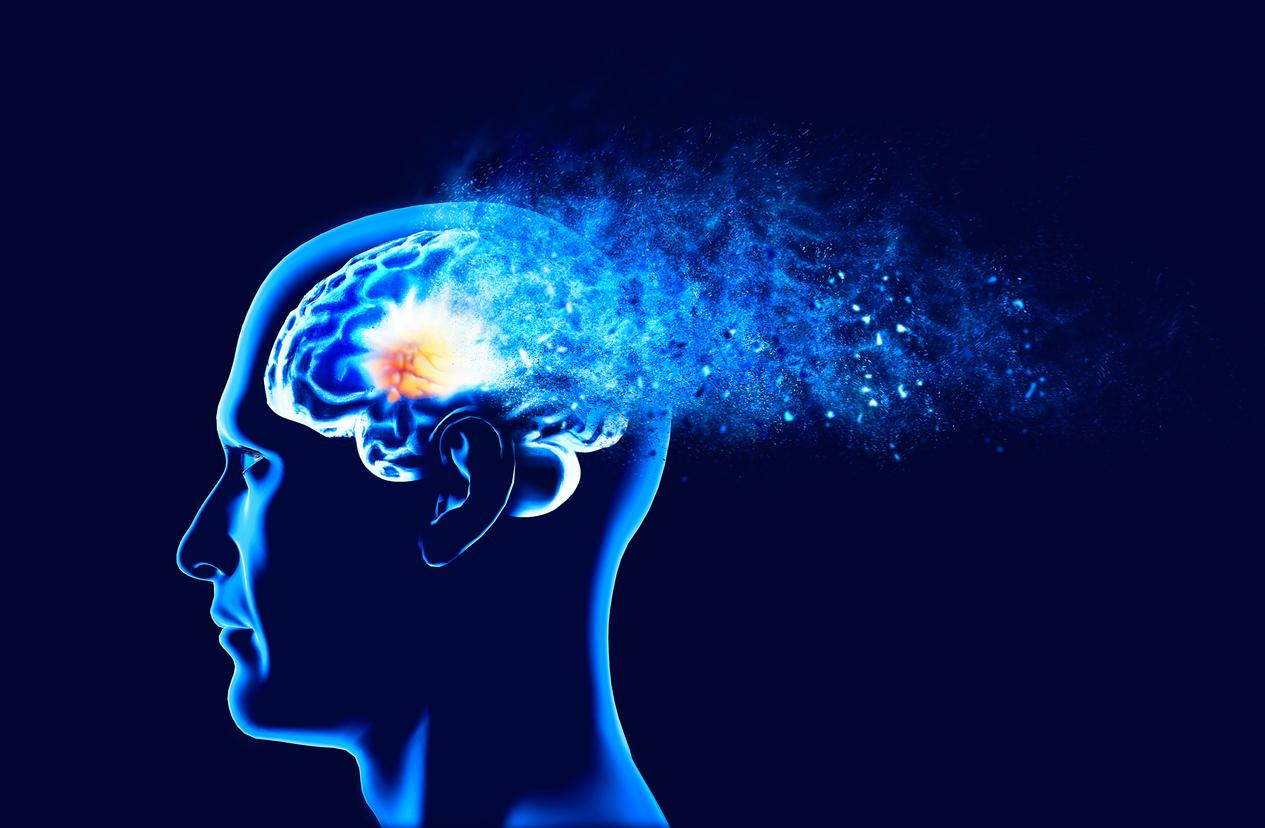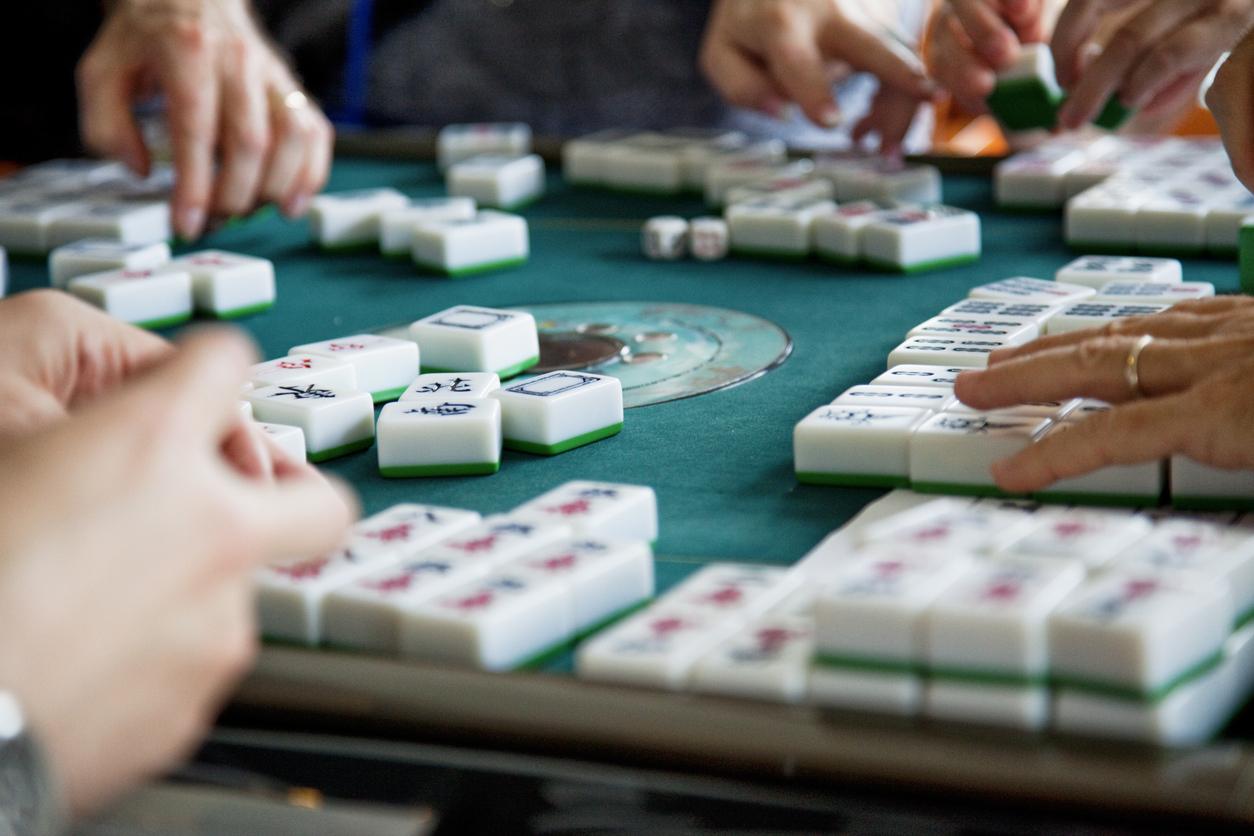By recreating landscapes, virtual reality can help patients with dementia to regain some memories.

Virtual reality helps boost memory in people with dementia, says a new study. The overall condition of the patients is also improved.
To reach these conclusions, the researchers recruited eight people with dementia. They were between 41 and 88 years old, and were staying in a psychiatric hospital. Thanks to virtual reality, participants had access to five different environments during 16 sessions. The virtual landscapes represented were:
– a cathedral,
– a forest,
– a fine sandy beach,
– a rocky beach,
– countryside.
Communicate better
Researchers monitored the sessions and gathered feedback from participants and their caregivers. Conclusion: they claim that virtual reality has helped patients recall old memories, such as vacations. The screening sessions also helped them improve their mood and better communicate with their caregivers.
Although this study used five predetermined virtual environments, the authors claim that it would be possible to adapt the projections to each patient. For example, developers could recreate a sick person’s home or a special place. Some specialized establishments have already set up similar projections.
10 million new cases each year
Today, approximately 50 million people suffer from dementia worldwide, with 10 million new cases each year. This increase can be explained in particular by longer lifespans and better care.
Dementia is a syndrome, usually chronic or progressive, in which there is an impairment of cognitive function (ability to perform thought operations), greater than that which could be expected from normal aging. It affects memory, reasoning, orientation, comprehension, calculation, learning ability, language and judgment. Consciousness is not affected. This term encompasses many diseases, such as Alzheimer’s disease or Parkinson’s disease.

.

















